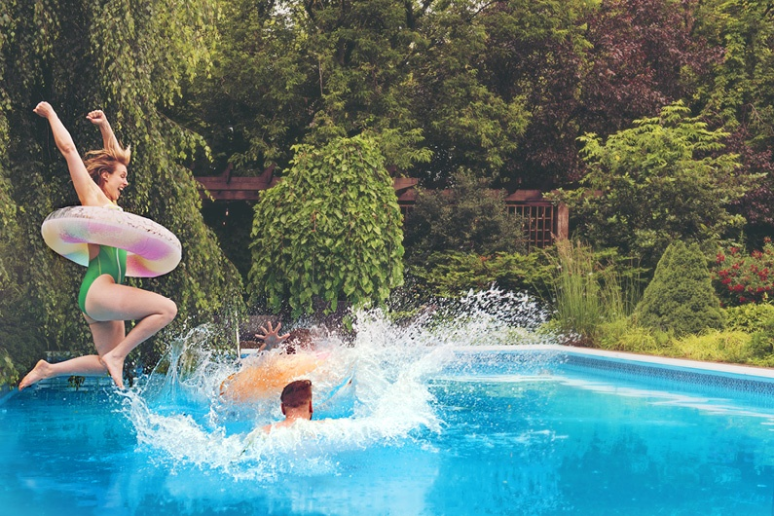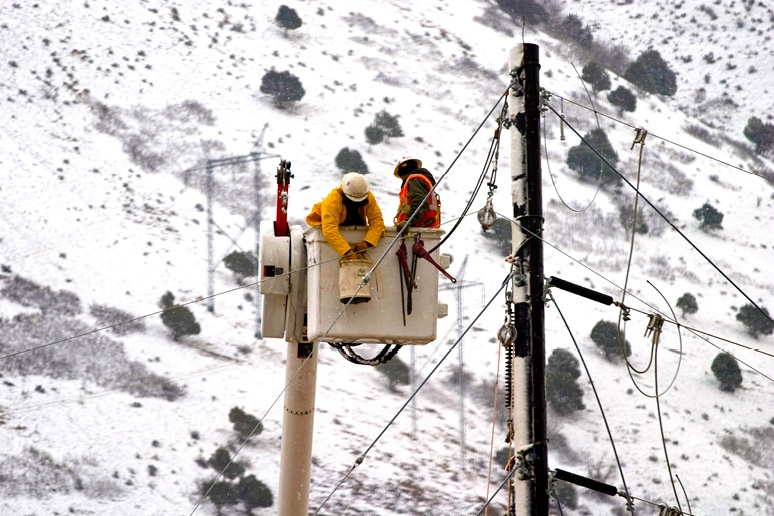From the outside looking in, a pool can offer welcome respite from hot summer temperatures—but it can also incite heaps of trouble for the party in charge. A guest might run to dive into the deep end and fall, hitting their head on the edge of the pool. Suddenly, the injured guest asks you to pay for ensuing medical expenses. Instead of being blindsided, be responsible and prepare for the unexpected, learning your duties as a pool owner.
Pool ownership comes with hefty monetary as well as legal responsibility. As a pool owner, you should understand the potential liability you assume in the case of an accident and take proactive measures to protect you and your loved ones. If you find yourself facing a lawsuit for an accident that happened on your property, an attorney can offer you advice.
What Makes a Responsible Pool Owner?
Before taking the plunge into pool ownership, always remember that a responsible pool owner is one who implements safety measures and is always cognizant of potential hazards that come with owning a pool.
Depending on where you live in the U.S., state and county regulations may vary, but generally pool owners must create several layers of protection to safeguard against potential accidents. Keeping your pool safe and in functioning condition is your responsibility, not your guests.
To ensure pool safety on all fronts, consider the following list of precautionary actions:
• Construct barriers or set up fences enclosing the pool. Make sure the barrier adheres to local and state height standards, has a self-closing or self-latching gate and is higher than a child’s reach.
• Install a pool alarm that sounds off when there is movement near the pool.
• Use a pool cover that can be latched or secured.
• Take precautions to provide a “safe area” for swimmers by repairing unsafe conditions as they arise, for example, level uneven pavement or fix a broken step on a pool ladder.
• Install anti-entrapment drain covers (federal law require this step).
• Enlist in a water safety class and learn CPR.
• Local officials or inspectors should visit your pool and sign off, ensuring state and federal compliance.
Why Drowning Is Labelled as a “Silent Epidemic”?
Beyond common slips and falls, pools can bring about greater dangers. According to the Centers for Disease Control and Prevention, drowning is a “silent epidemic" and serves as the leading cause of death in the U.S. for children ages 1-4 years. It is also the third leading cause of unintentional injury-related death in children and adolescents ages 5-19 years. Even if you do not have small children in your family or friend circle, an uninvited child could wander onto your property and get into your pool and, suddenly, the liability becomes yours.
Drowning often occurs when adults are close by. An adult may turn his or her back for a moment, assuming someone else is watching the child. According to Hackensack Meridian Healthcare Group, it can take only 20-25 seconds for a child to drown, even in the shallow end or in a baby size pool. All too often, horrible water tragedies become national news.
In a public pool setting, even with lifeguards present, 19 percent of drowning deaths involve children under the age of 5, according to USA Pool Management, an aquatic safety and pool consultation company. Warning signs you see posted in public pools exist for your safety and for owner liability protection.
At the federal level, enacted safeguards such as the Virginia Graeme Baker Pool & Spa Safety Act (VGBA) have led to future state and local legislation. The Act mandates requisites for safety in public and private pool, aiming to educate the public on water safety and the need for constant supervision of children around water.
Why Is a Pool Considered a “Attractive Nuisance”?
Insurance companies consider a pool an “attractive nuisance.” Rather than insurance industry nomenclature, the term refers to the tort law doctrine that places liability on the landowner if a pool guest is injured.
Homeowners insurance covers pool-related injuries. However, not all homeowner’s policies are on board with pool ownership, depending on their underwriting policies. Contact your insurance agent for specifics in your case. A standard homeowner’s insurance policy offers $100,000 in coverage. Since owning a pool inherently raises your family’s liability risk, agents may recommend increasing your limit for “peace of mind” to $300,000 or $500,000. Still not comfortable? Add an umbrella policy for further coverage.
The premium you pay will likely increase as liability rises with pool ownership. Insurance companies will stipulate specific requirements to ensure coverage. For example – fences, pool covers, alarms, etc. Some insurers may not cover you at all if your pool has a slide, a diving board, or other recreational dangers. Again, check with your insurance company for specifics.
The what-ifs surrounding responsible pool ownership may seem daunting. Remember, though, your pool is an amenity, a veritable luxury. Maintain a position of up-to-date maintenance and take precautionary safety measures, so you can relax while you swim laps throughout the summer season.
 By Kate Lynch,
By Kate Lynch, 

